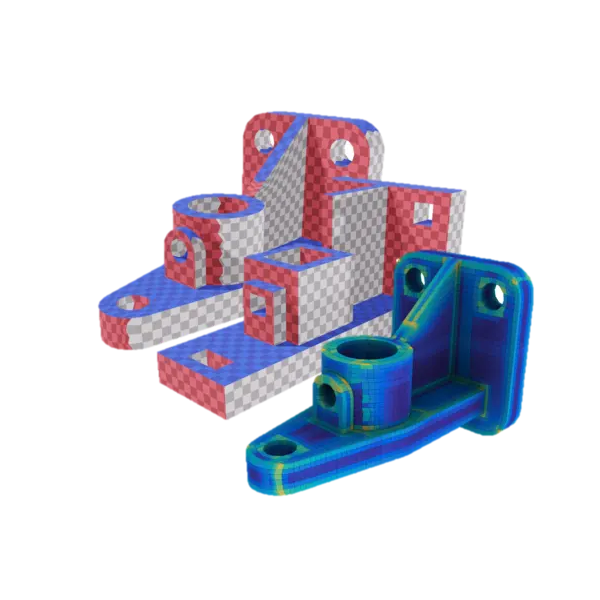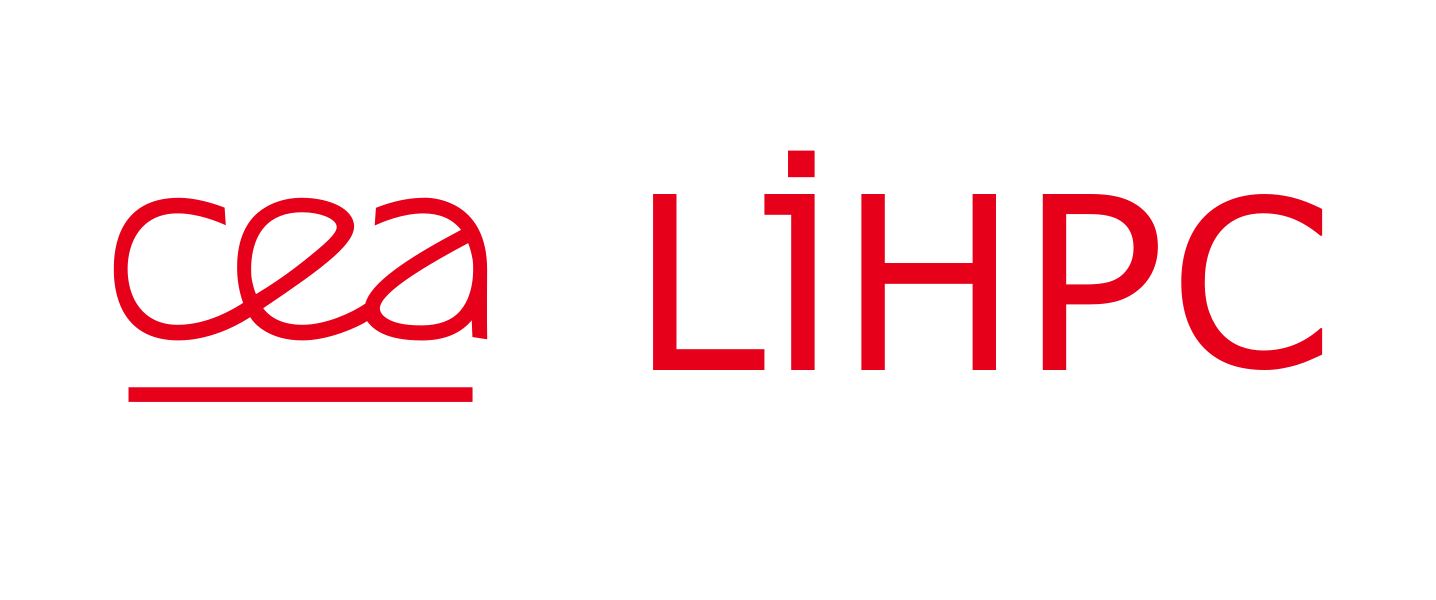Sébastien MESTRALLET started his thesis in October 2021. He belong to the Energy Division of the CEA, on the Saclay site, in the laboratory co-developing the SALOME platform (CEA-EDF-OpenCascade). His PhD adviser was Franck Ledoux (CEA).
He was working on automatic hexahedral mesh generation, by the polycubes method. Hexahedral meshes are appreciated in numerical simulation, on account of the better alignment of the elements with the modeled field, as well as the low number of elements in comparison to a tetrahedral mesh. Their automatic generation remains an open problem, and the polycubes method offers an attractive trade-off between robustness and mesh quality.
He was especially interessed in the use of genetic algorithms in the optimisation process.

Abstract
Polycube-maps are used as base-complexes in various fields of computational geometry, including the generation of regular all-hexahedral meshes free of internal singularities. However, the strict alignment constraints behind polycube-based methods make their computation challenging for CAD models used in numerical simulation via finite element method (FEM). We propose a novel approach based on an evolutionary algorithm to robustly compute polycube-maps in this context. We address the labelling problem, which aims to precompute polycube alignment by assigning one of the base axes to each boundary face on the input. Previous research has described ways to initialize and improve a labelling via greedy local fixes. However, such algorithms lack robustness and often converge to inaccurate solutions for complex geometries. Our proposed framework alleviates this issue by embedding labelling operations in an evolutionary heuristic, defining fitness, crossover, and mutations in the context of labelling optimization. We evaluate our method on a thousand smooth and CAD meshes, showing Evocube converges to accurate labellings on a wide range of shapes. The limitations of our method are also discussed thoroughly.







